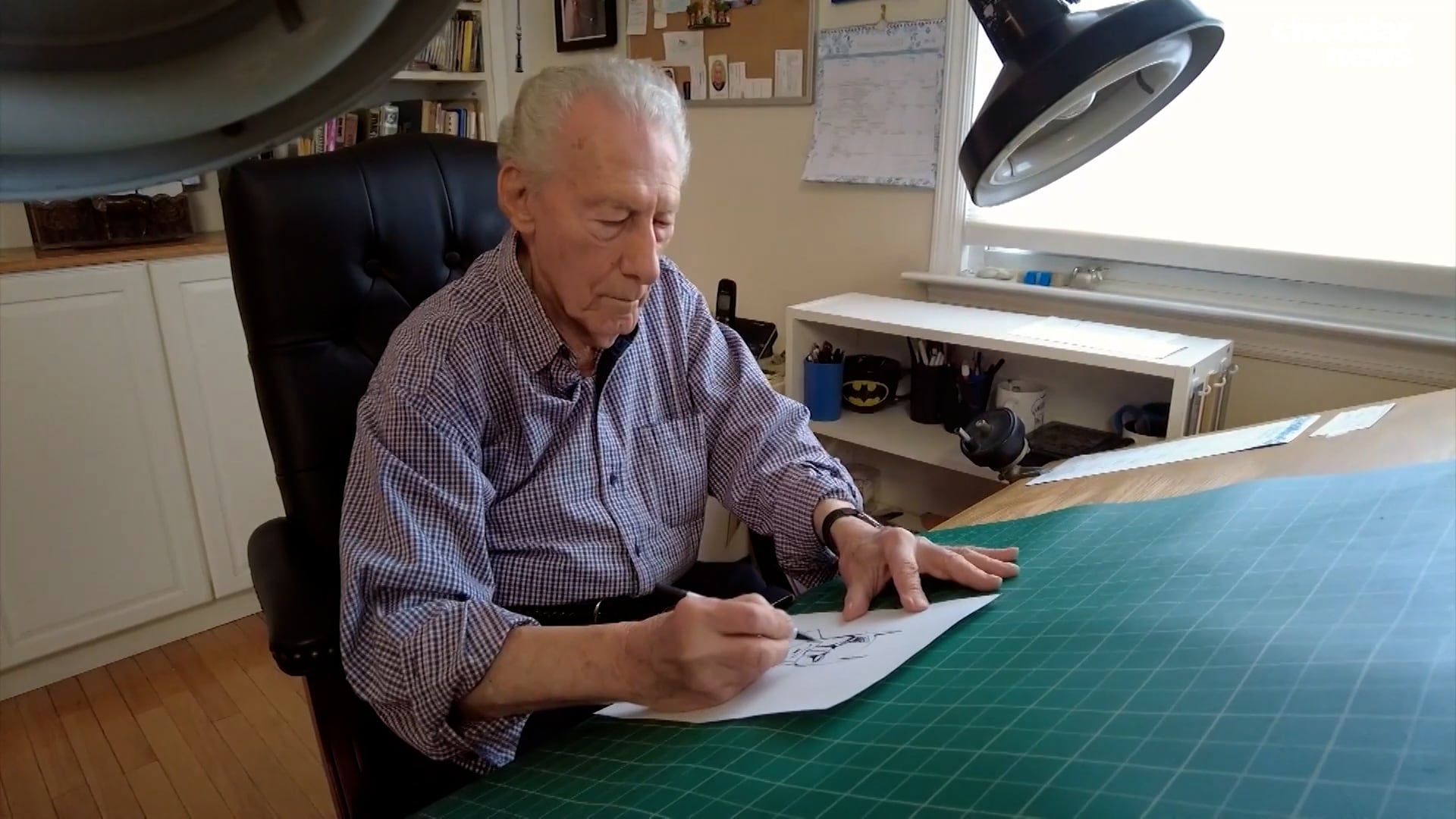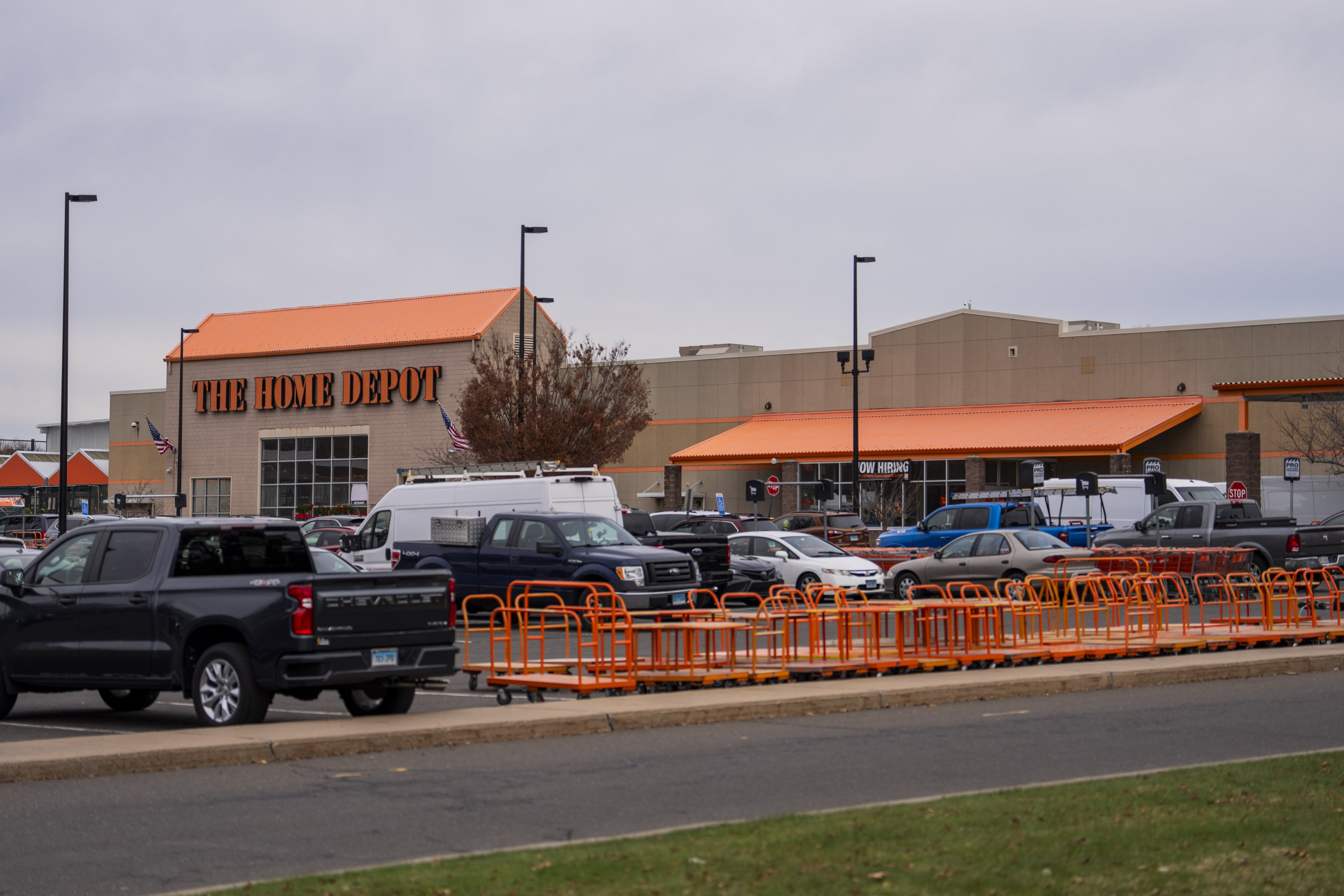By Peter Smith
The landmark Washington National Cathedral unveiled new stained-glass windows Saturday with a theme of racial justice, filling the space that had once held four windows honoring Confederate Gens. Robert E. Lee and Stonewall Jackson.
The new windows depict a march for justice by African Americans, descendants of the very people who would have remained in slavery after the Civil War if the side for which the officers fought had prevailed.
The cathedral had removed the old windows after Confederate symbols featured prominently in recent racist violence.
The dedication service was attended by many clergy from the Washington area's historically Black churches, as well as leaders of social justice organizations. The prayers, Bible readings and brief speeches were interspersed with gospel music and spirituals, as well as the contemporary song, “Heal Our Land.”
Justice Ketanji Brown Jackson, the first Black woman to serve on the Supreme Court, read excerpts from the Rev. Martin Luther King' Jr.'s “Letter from Birmingham Jail” from 1963.
“Injustice anywhere is a threat to justice everywhere,” she read from King's famed message while jailed in Alabama. “The goal of America is freedom. ... We will win our freedom.” A week earlier, she had spoken at the 60th anniversary of Birmingham church bombing that killed four young Black girls.
The new windows, titled “Now and Forever," are based on a design by artist Kerry James Marshall. Stained glass artisan Andrew Goldkuhle crafted the windows based on that design.
In the new work, African Americans are shown marching — on foot or in a wheelchair — from left to right across the four windows. Some march in profile; some directly face the viewer with signs proclaiming “FAIRNESS” and “NO FOUL PLAY.” Light floods in through the sky-bright panes of white and blue above the figures.
Marshall, who was born in Birmingham in 1955, invited anyone viewing the new windows, or other artworks inspired by social justice, “to imagine oneself as a subject and an author of a never-ending story is that is still yet to be told.”
The setting is particularly significant in the massive neo-Gothic cathedral, which regularly hosts ceremonies tied to major national events. It is filled with iconography depicting the American story in glass, stone and other media. Images range from presidents to famous cultural figures and state symbols.
But the Lee and Jackson windows “were telling a story that was not a true story,” according to the Very Rev. Randolph Marshall Hollerith, dean of the cathedral. They were installed in 1953 and donated by the United Daughters of the Confederacy,
The windows extolled generals fighting for a cause that sought to “enshrine slavery in our country for all time,” Hollerith said.
He added: “You can't call yourself the National Cathedral, a house of prayer for all people, when there are windows in there that are deeply offensive to a large portion of Americans.”
The cathedral has accompanied the window replacement with a number of public forums discussing the legacy of racism and how monuments were used to burnish the image of the Confederacy as a noble “Lost Cause.”
The new windows will also be accompanied by a poem by scholar Elizabeth Alexander, president of the Mellon Foundation. The poem “American Song” will be engraved beneath the windows.
“A single voice raised, then another,” it says. “We must tell the truth about our history. ... May this portal be where the light comes in.”
Alexander said in an interview Friday that the poem referred both to the literal light from the windows, which she said beautifully illumines the surrounding stonework, and the figurative light that “enables us to see each other wholly and in community.”
The setting is important in a sanctuary that is also “a communal space, a space that tourists visit, a space where the nation mourns,” Alexander said. “The story (the windows) tell is one of collective movement, of progress, of people struggling and asserting the values of fairness for all."
The old windows' removal followed the use of Confederate imagery by the racist gunman who massacred members of a Black church in Charleston, South Carolina, in 2015, and by marchers at a 2017 far-right rally in Charlottesville, Virginia, that ended with a counterprotester's death.
The original windows, complete with Confederate battle flags, had depicted Lee and Jackson as saintlike figures, with Lee bathed in rays of heavenly light and Jackson welcomed by trumpets into paradise after his death. Those windows are now stored by the cathedral.
The cathedral also is the seat of the Episcopal Church’s presiding bishop and Diocese of Washington.
The bishop of the diocese, the Right Rev. Mariann Edgar Budde, joined Hollerith in delivering opening remarks at the dedication.
Hollerith recalled the decision to remove the Confederate windows.
“They were antithetical to our call to be a house of prayer for all,” he said, adding, “There is a lot of work yet to be done.”
Associated Press writer David Crary contributed to this report.













